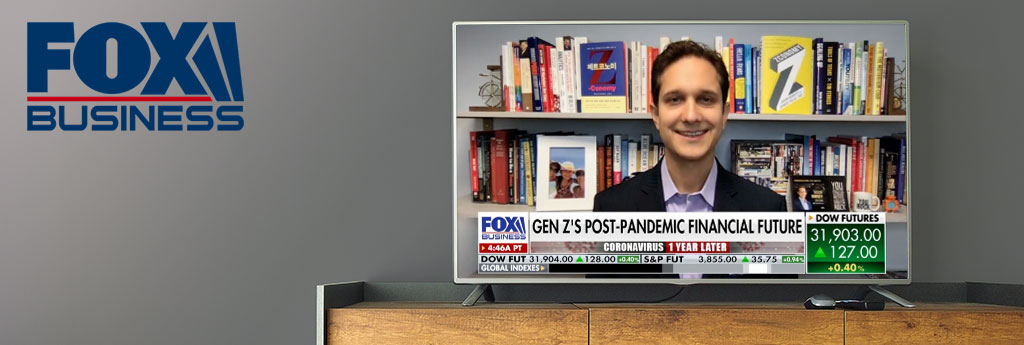
Our generational research team at The Center for Generational Kinetics has been closely studying the impact of the COVID-19 pandemic on Generation Z—and all generations. We know that the pandemic has hit Gen Z at a particularly formative life stage: their entry into adulthood. Already, the pandemic has dramatically impacted the oldest members of Gen Z, ages 18 to 25, as our research proved:
- Gen Z was the #1 generation to lose their job during the pandemic
- Gen Z was the # 1 generation to have a reduction in pay during the pandemic
- Gen Z was the # 1 generation to have a reduction in hours during the pandemic
All of this happened at exactly the time Gen Z was supposed to be spreading their wings of independence, entering or graduating from college, or navigating entry-level jobs and early career choices. Instead, for many in Gen Z, COVID-19 brought not only a pandemic but a huge economic headwind that they will now face for years as they seek to get back on track or make entirely new career and life plans.
In this national TV interview, CGK President and Generations Expert Jason Dorsey shared that our research showed:
- Gen Z entered the workforce later than previous generations
- Gen Z have the least established professional networks in the workforce
- Gen Z even got their driver’s license later than previous generations
Adding to these setbacks, those Gen Z college graduates in 2020 and 2021 are not getting the full benefit of college career services and being highly sought-after through corporate recruiting. Instead, they are missing out on what is often the best time to start a career—right out of college or technical skill. However, Jason also shared that Gen Z is responding by leaning on gig economy jobs, remote work, and exploring jobs and careers they might not otherwise consider.
As many in Gen Z re-enters the workforce, they will be competing with not only their peers but every other generation that is now looking for a job too. Yet, often the older generations have more experience and social capital they can bring to their job search. Combining all of these factors is why Jason shared in the TV interview that we predict the oldest members of Gen Z will have three to five years of economic headwinds ahead—which is similar to what the oldest Millennials encountered during and after the Great Recession.
And if you’re wondering about unexpected challenges facing Millennials, you’ll get to hear Jason’s firsthand about halfway through the interview! That is when a dog started barking on the TV set! Jason, a Millennial who went through the Great Recession himself, was resilient and just kept on going. Great job, Jason!
An unexpected insight Jason shared was that while the oldest members of Gen Z will likely struggle the most to regain their financial footing, younger members of Gen Z will benefit from learning through the observed struggles of their older peers. This means the younger members of Gen Z will have the opportunity to choose a different career or education path that is more pandemic-resistant, apply online or mobile learning to advance their career once they do have a job, and benefit from the economic momentum that will potentially happen post-pandemic. So, while the oldest and youngest members of Gen Z are clearly in the same generation, they will have different economic experiences, labor market expectations, and lessons to apply upon their entry into adulthood.
What do leaders, parents, brands, and employers need to know most to unlock the potential, creativity, and innovation of Gen Z?
For more actionable how-to insights about this emerging generation of leaders, check out my our bestselling book, Zconomy: How Gen Z Will Change the Future of Business—and What To Do About It.
Our speakers are delivering CGK’s newest discoveries and research-based strategies in our custom virtual, hybrid, or in-person presentations for you and your organization. Please reach out here for more info and to check availability. We look forward to separating myth from truth about generations together and helping you unlock the potential of Gen Z and every generation.
